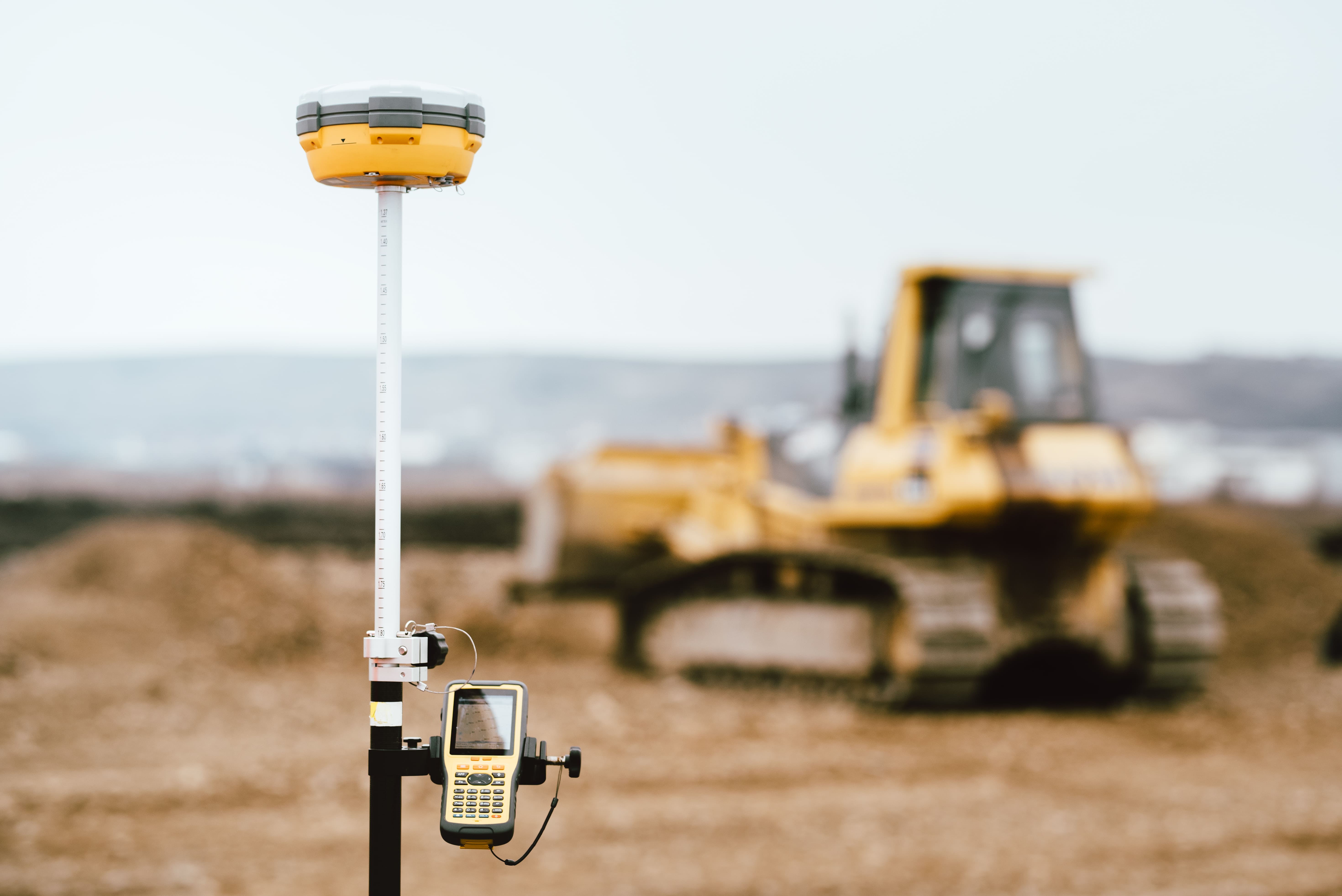- Published 9 Feb 2024
- Last Modified 6 Mar 2024
- 5 min
The Pivotal Role of Data Loggers in Today’s Industries
Learn why data loggers are essential tools for informed decision-making in multiple industries from healthcare to F&B, logistics, research and more.

In an era where information is king, data loggers are fast becoming indispensable tools. Essentially a compact device designed to capture and record information accurately over time, data loggers are essential for monitoring and decision-making in any data-driven industry.
This article will explore the multifaceted roles of data loggers across different industries, highlighting the nuances of their functionality and the breadth of their applications. The following sections will illuminate how these compact yet powerful tools are revolutionising industries by turning mere data into actionable insights.

What are Data Loggers?
Data loggers are electronic devices designed for the autonomous recording of various parameters over time. Equipped with sensors, a microprocessor, and internal memory, they efficiently capture and store data like temperature, humidity, and pressure.
For a more comprehensive understanding of these devices, explore our complete guide to data loggers.
How do Data Loggers Work?
Data loggers monitor and record specific environmental parameters via their sensors and store the resulting data in their memory. They can be configured as standalone units or as complex systems with multiple points of recording. Some data loggers may even be used in combination with accessories like pressure sensors or temperature probes to enhance their data collection capabilities.
Why use a Data Logger?
Data loggers are invaluable in situations where there is a need to monitor environmental conditions accurately and consistently. They are particularly useful in scenarios where manual data collection is impractical or impossible. By providing detailed, time-stamped records, data loggers enable precise tracking of environmental changes, essential for quality control, compliance with regulatory standards, and research purposes.
Types of Data Captured by Data Loggers
Data loggers are versatile in their capacity to capture a wide range of data types. Commonly recorded parameters include temperature, humidity, pressure, light intensity, electrical currents, and even specific chemical levels. This versatility makes them suitable for a broad spectrum of applications across different industries.
Over time, these tools have evolved from bulky devices with limited accuracy to sophisticated, portable devices boasting high precision, substantial storage capacities, and wireless connectivity. Modern data loggers include Bluetooth or Wi-Fi capabilities for seamless data transfer and integration with cloud-based systems for real-time monitoring and analysis. This evolution has made data loggers more user-friendly and expanded their functionality, making them useful tools for data-driven decision-making across many sectors.
How Data Loggers are Used in Different Industries

Data loggers are crucial in many industries thanks to their ability to provide accurate and continuous data recording. These are some examples of how they’re used.
Data Loggers in Healthcare
Temperature and humidity data loggers are commonly used in storage areas for medications and vaccines. Data loggers for vaccine fridges ensure that these sensitive products are kept within safe parameters so that the formulation maintains its efficacy until it can be used. This monitoring is crucial not only for patient safety but also to meet the industry’s stringent regulatory standards.
Data Loggers in F&B
Temperature data loggers are indispensable in the F&B industry for ensuring compliance with Australian food safety and hygiene regulations outlined in the Food Standards Code. During storage, they are used to monitor conditions in fridges, tracking temperature and humidity to prevent perishable items from spoiling. During production processes such as brewing or dairy processing, food data loggers ensure environmental conditions meet quality standards and help maintain product consistency.
Data Loggers in Manufacturing
Data loggers are used in manufacturing to track metrics like ambient conditions and machine performance to ensure that every phase of production adheres to established quality standards. Additionally, data loggers can also be used to facilitate predictive maintenance and process optimisation. By identifying potential issues before they escalate, and fine-tuning processes, they help to enhance overall manufacturing efficiency.
Data Loggers in Logistics
Temperature loggers can also be used to monitor the conditions of sensitive goods during transit. This includes tracking temperature, humidity, and even shock or vibration levels for pharmaceuticals, perishable food products, and other fragile items. The data gathered ensures that goods are transported under conditions that comply with safety and quality standards, helping to prevent spoilage or damage.
Data Loggers in Research
Fields like environmental science and agriculture use data loggers to monitor variables such as climate patterns and soil moisture. The accuracy and reliability of data loggers enable researchers to gather long-term datasets, which is crucial for studying and understanding changes in the environment. This data is vital for formulating hypotheses, testing theories, and developing innovative solutions to complex problems in various scientific disciplines.
Harness the Power of Data Loggers with RS Australia
Data loggers, known for their autonomous monitoring capabilities and precise, time-stamped data collection, are vital for informed decision-making across industries. Their ability to ensure quality control, comply with regulatory standards, and boost operational efficiency is unmatched.
For professionals looking for data logging solutions, RS Australia offers a comprehensive range of data loggers with various features to address the specific requirements of different sectors. Whether it’s for monitoring critical vaccine fridge storage conditions or tracking environmental variables in research, our selection covers a variety of applications. From indoor monitoring to rugged outdoor use, explore our data loggers from reputable brands to track everything from temperature to humidity and beyond.
Popular Data Logger Brands
Related links
- Utilising Voltage Data Loggers in Renewable Energy Systems
- Efficient Industrial Applications: The Versatile Role of Thermocouples
- Data Loggers
- A Complete Guide to Data Loggers
- Lascar Smart Thermocouple Probe for Use with EasyLog Thermocouple...
- Tinytag Cable for Use with Plus 2 View 2 data loggers
- 3 Ways Businesses Can Save on Energy Costs with Voltage Data Loggers
- Lascar WIRELESS ALERT-TP Temperature Data Logger, Wi-Fi